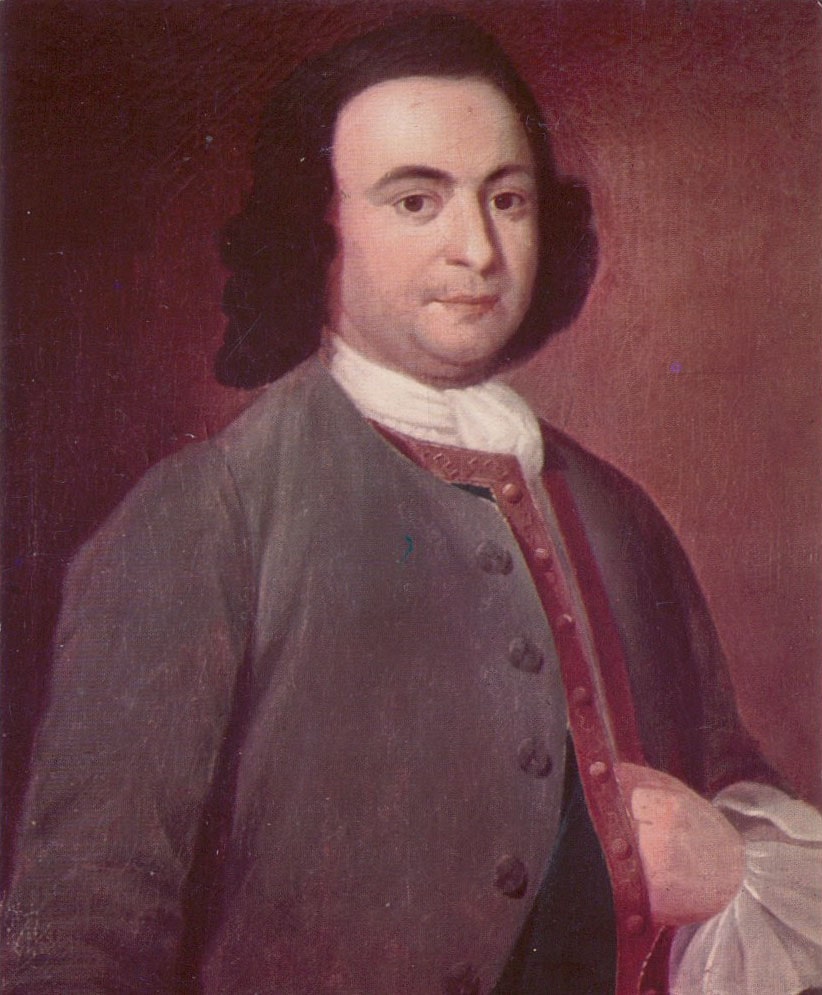Contents

Contents
Quick facts
- Born: 11 December 1725 at the family plantation in Fairfax County, Virginia.
- George Mason was a prominent Virginia planter, politician, and delegate to the U.S. Constitutional Convention of 1787, known for his influential role in American constitutional development.
- He is best known as the author of the Virginia Declaration of Rights, a document that significantly influenced the United States Bill of Rights.
- Mason was a leading proponent of individual rights and liberties, advocating for their protection in both state and federal constitutions.
- Despite his involvement in drafting the Constitution, Mason ultimately refused to sign it, primarily due to the lack of a Bill of Rights and concerns over the centralization of federal power.
- His advocacy for a Bill of Rights eventually contributed to its adoption as the first ten amendments to the U.S. Constitution.
- Mason also opposed the transatlantic slave trade, though he was a slave owner himself.
- Died: 7 October 1792 at Gunston Hall, his plantation in Fairfax County, Virginia.
- Buried at Gunston Hall.
Biography
George Mason, American patriot and statesman, was born in Stafford county (the part which is now Fairfax county), Virginia, in 1725. His family was of Royalist descent and emigrated to America after the execution of King Charles I. His colonial ancestors held official positions in the civil and military service of Virginia.
Mason was a near neighbor and a life-long friend of George Washington, though in later years they disagreed in politics. His large estates and high social standing, together with his personal ability, gave Mason great influence among the Virginia planters, and he became identified with many enterprises, such as the organization of the Ohio Company and the founding of Alexandria (1749). He was a member of the Virginia House of Burgesses in 1759 – 60. In 1769 he drew up for Washington a series of non-importation resolutions, which were adopted by the Virginia legislature. In July 1774 he wrote for a convention in Fairfax county a series of resolutions known as the Fairfax Resolves, in which he advocated a congress of the colonies and suggested non-intercourse with Great Britain, a policy subsequently adopted by Virginia and later by the Continental Congress.
He was a member of the Virginia Committee of Safety from August to December 1775, and of the Virginia Convention in 1775 and 1776. In 1776 he drew up the Virginia Constitution and its famous Bill of Rights, a radically democratic document which had great influence on American political institutions. In 1780 he outlined the plan which was subsequently adopted by Virginia for ceding to the Federal government her claim to the back lands,
territory north and north-west of the Ohio river. From 1776 to 1788 he represented Fairfax county in the Virginia Assembly. He was a member of the Virginia House of Delegates in 1776 – 80 and again in 1787 – 88.
In 1787 he was a member of the convention that framed the Federal Constitution, and as one of its ablest debaters took an active part in the work. Particularly notable was his opposition to the compromises in regard to slavery and the slave-trade. Indeed, like most of the prominent Virginians of the time, Mason was strongly in favor of the gradual abolition of slavery, though he himself owned slaves. He objected to the large and indefinite powers given by the completed Constitution to Congress, so he joined with Patrick Henry in opposing its ratification in the Virginia Convention (1788). Failing in this he suggested amendments, the substance of several of which was afterwards embodied in the present Bill of Rights.
Declining an appointment as a United States Senator from Virginia, he retired to his home, Gunston Hall (built by him about 1758 and named after the family home in Staffordshire, England), where he died in 1792.
In politics he was a radical republican, who believed that local government should be kept strong and central government weak; his democratic theories had much influence in Virginia and other southern and western states. Along with James Madison and Thomas Jefferson, Mason carried through the Virginia legislature measures disestablishing the Episcopal Church and protecting all forms of worship.

